Glutathione injections have gained significant attention as a skin-lightening and anti-aging treatment. Dubbed the “master antioxidant,” glutathione promises to combat oxidative stress, brighten skin, and deliver a youthful glow. But what exactly are glutathione injections, and how do they work? This guide dives into the science, benefits, and considerations surrounding this popular treatment.
What Is Glutathione?
Glutathione injections(حقن الجلوتاثيون) is a naturally occurring antioxidant found in every cell of the body. It comprises three amino acids: glutamine, cysteine, and glycine. Its primary functions include:
- Neutralizing Free Radicals: Protecting cells from oxidative stress.
- Detoxification: Assisting the liver in removing toxins.
- Skin Health: Inhibiting melanin production, leading to a brighter complexion.
- Immune Support: Enhancing the body’s ability to fight infections.
The body produces glutathione naturally, but levels can decline due to aging, stress, poor diet, and environmental factors.
How Do Glutathione Injections Work?
These injections deliver the antioxidant directly into the bloodstream, bypassing the digestive system for maximum absorption. This allows for higher concentrations of glutathione in the body, which can:
- Reduce oxidative damage.
- Inhibit tyrosinase, the enzyme responsible for melanin production, resulting in lighter skin.
- Promote overall skin radiance and clarity.
Injection Methods
- Intravenous (IV): Administered directly into the vein for rapid absorption.
- Intramuscular (IM): Delivered into the muscle, typically in the arm or thigh.
Benefits of Glutathione
1. Skin Lightening and Brightening
Glutathione’s ability to reduce melanin production makes it a popular choice for achieving a lighter, more even skin tone. Many users report noticeable improvements in skin clarity and radiance.
2. Anti-Aging Effects
By neutralizing free radicals, these injections helps slow the aging process. It reduces wrinkles, fine lines, and age spots, promoting a youthful appearance.
3. Detoxification
Glutathione supports liver function by eliminating toxins and heavy metals, contributing to overall health and clearer skin.
4. Immune System Support
Enhancing the immune system’s ability to fight off infections, glutathione injections can improve overall well-being.
5. Reduced Hyperpigmentation
Conditions like melasma, age spots, and acne scars can be improved with regular glutathione treatments.
Are Glutathione Injections Safe?
While generally considered safe, glutathione injections are not without risks. Potential side effects include:
- Allergic reactions, such as itching or swelling.
- Digestive issues like nausea.
- Skin rashes or irritation at the injection site.
- Rarely, kidney or liver complications with excessive use.
Always consult a licensed healthcare provider before starting glutathione injections.
How Long Do Results Take?
Results vary based on individual skin type, dosage, and treatment frequency. Most individuals notice improvements within 4-6 weeks of regular sessions. Maintenance treatments are often recommended to sustain results.
Considerations Before Starting Glutathione Injections
1. Professional Consultation
A thorough assessment by a qualified practitioner is essential to determine suitability and develop a personalized treatment plan.
2. Quality of Injections
Choose high-quality, FDA-approved glutathione products to minimize risks and ensure efficacy.
3. Combination Therapies
For enhanced results, these injections can be combined with other treatments such as vitamin C infusions, chemical peels, or microneedling.
FAQs About Glutathione Injections
1. Are glutathione injections permanent?
No, the effects of glutathione injections are not permanent. Regular maintenance sessions are required to sustain results.
2. How often should I get glutathione injections?
Typically, 1-2 sessions per week are recommended, depending on your goals and response to treatment.
3. Can glutathione injections treat acne?
While these injections do not directly treat acne, their antioxidant and detoxifying properties can improve skin health and reduce acne scars.
4. Are there any dietary restrictions during treatment?
A healthy diet rich in antioxidants and low in processed foods can complement the effects of glutathione injections.
5. Who should avoid glutathione injections?
Pregnant or breastfeeding women, individuals with allergies to any components, or those with serious health conditions should avoid these injections unless advised by a doctor.
6. Can I use glutathione injections alongside other skin treatments?
Yes, combining glutathione with other treatments like vitamin C or microneedling can enhance results. Consult your dermatologist for a tailored approach.
7. Are there natural ways to boost glutathione levels?
Yes, consuming foods like broccoli, spinach, and avocados, and taking supplements like N-acetylcysteine (NAC) can naturally boost glutathione levels.
Conclusion
These injections offer a promising solution for those seeking radiant, youthful skin. By understanding the science, benefits, and precautions, you can make an informed decision about incorporating this treatment into your skincare routine. Always consult a qualified professional to ensure safety and effectiveness tailored to your individual needs. These injections have gained popularity as a powerful solution for achieving brighter, healthier skin. This antioxidant works to lighten pigmentation, combat free radicals, and reduce signs of aging. It promotes an even complexion and boosts the body’s detoxification process. Safe and effective, it’s a sought-after choice for skin rejuvenation.


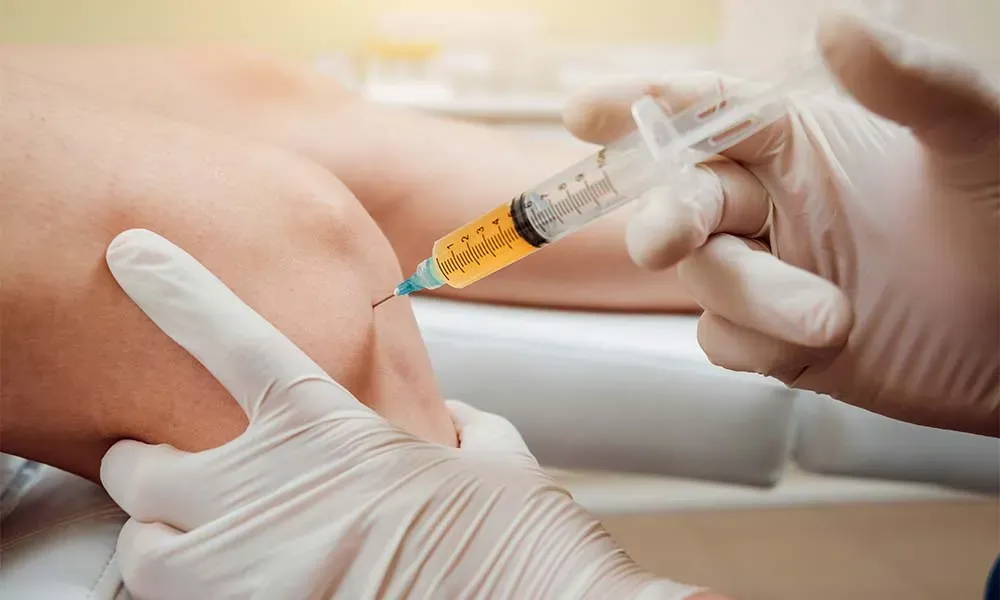
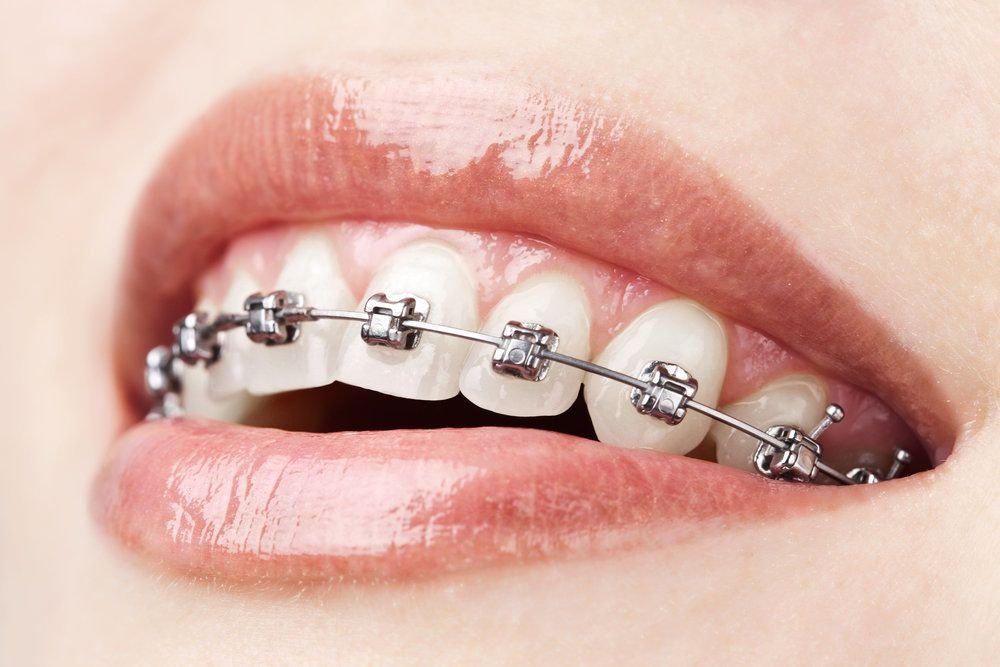
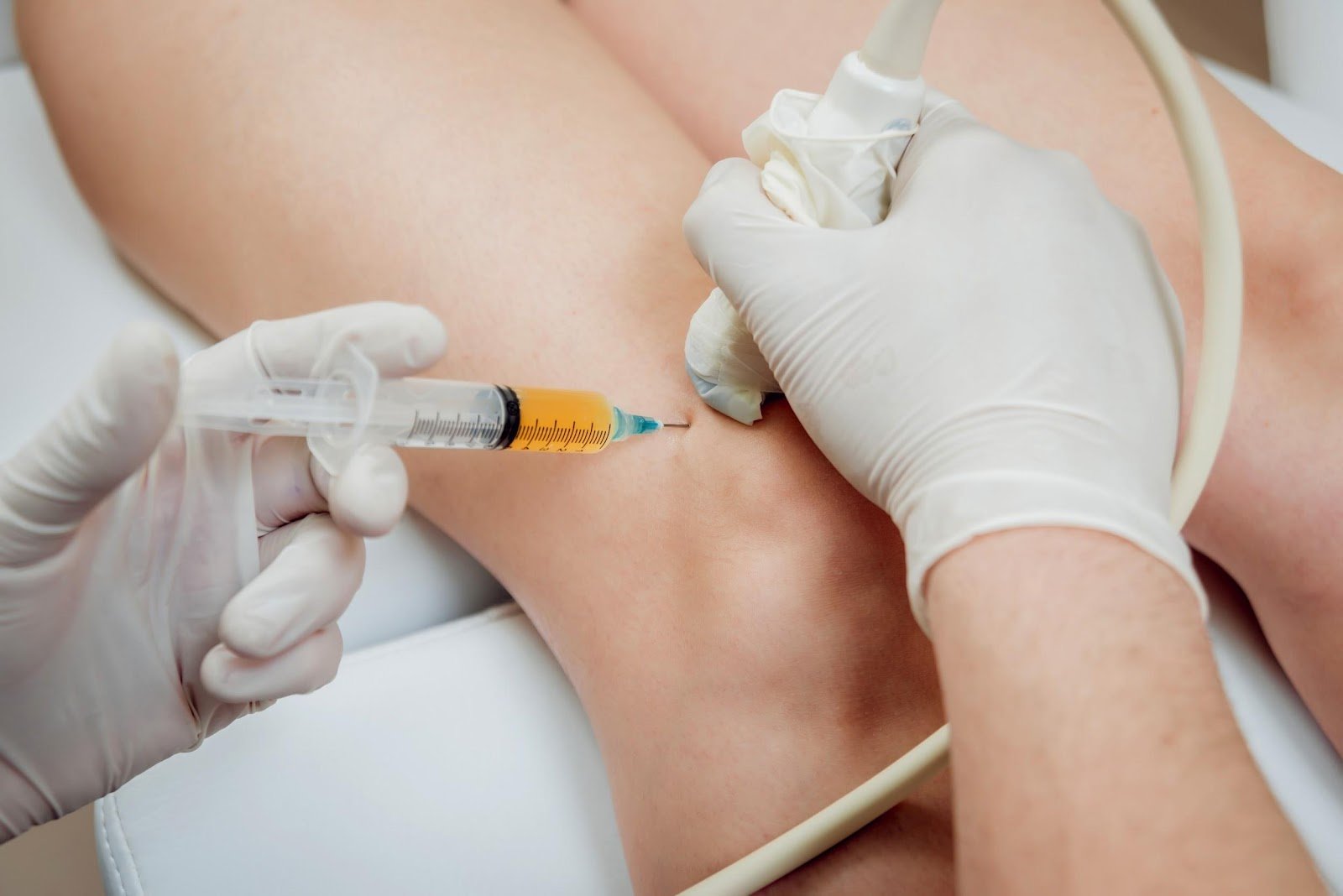
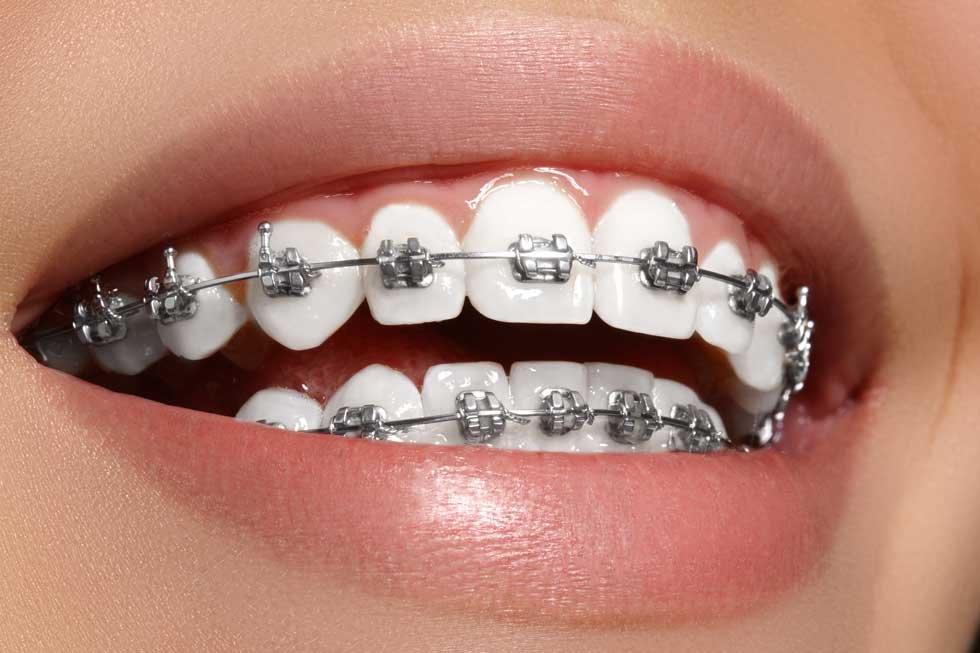
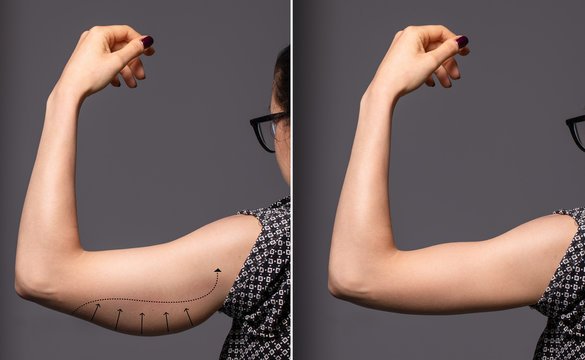

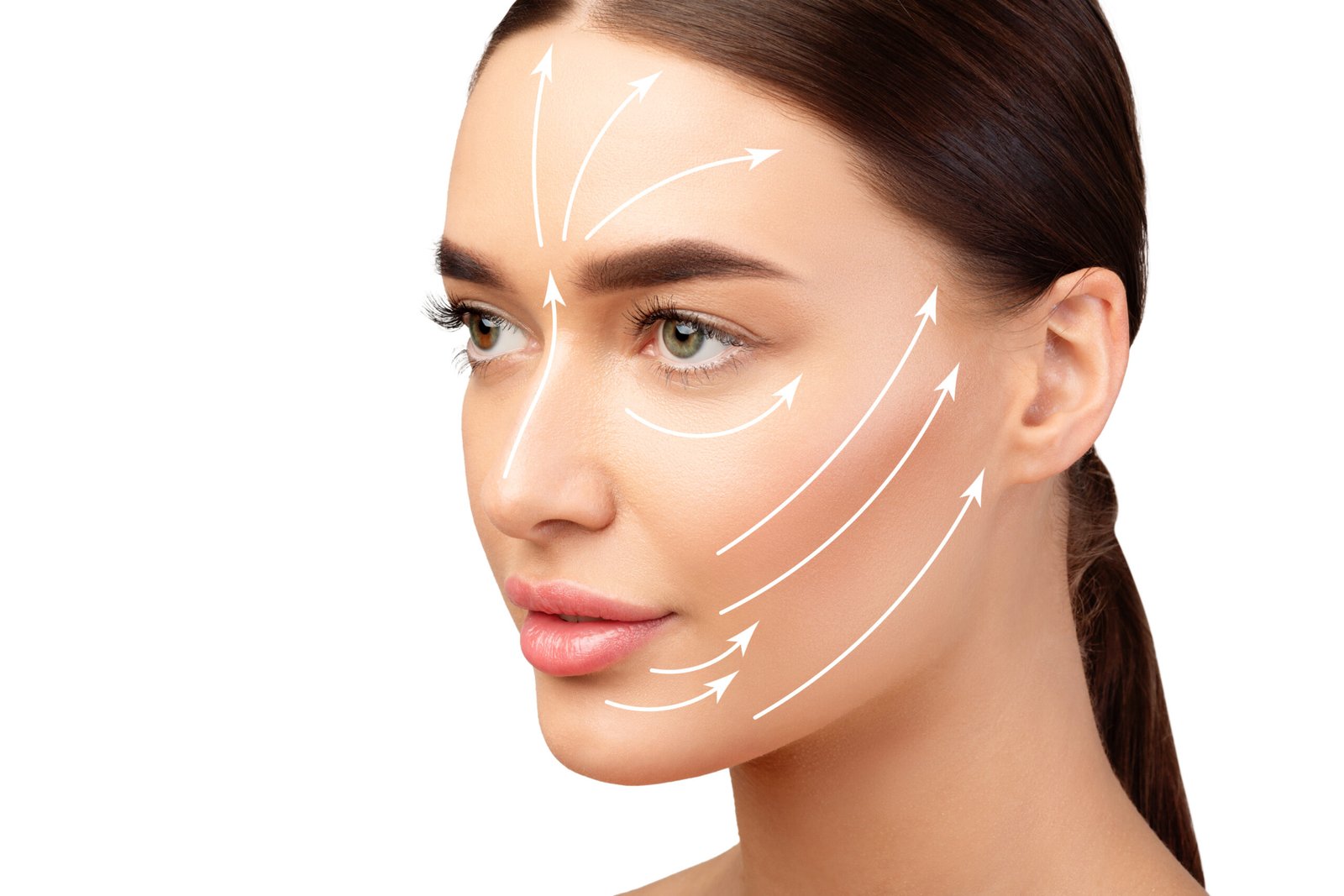
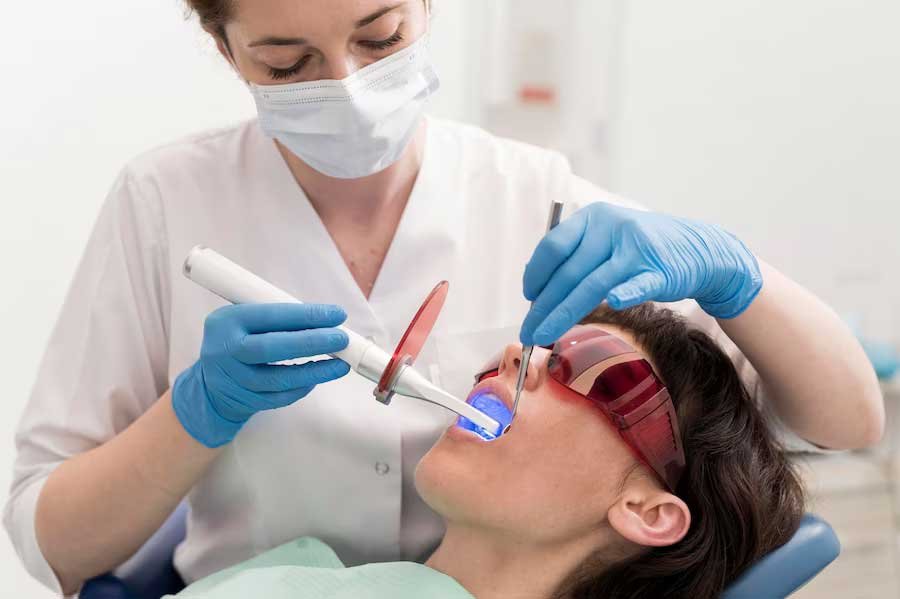

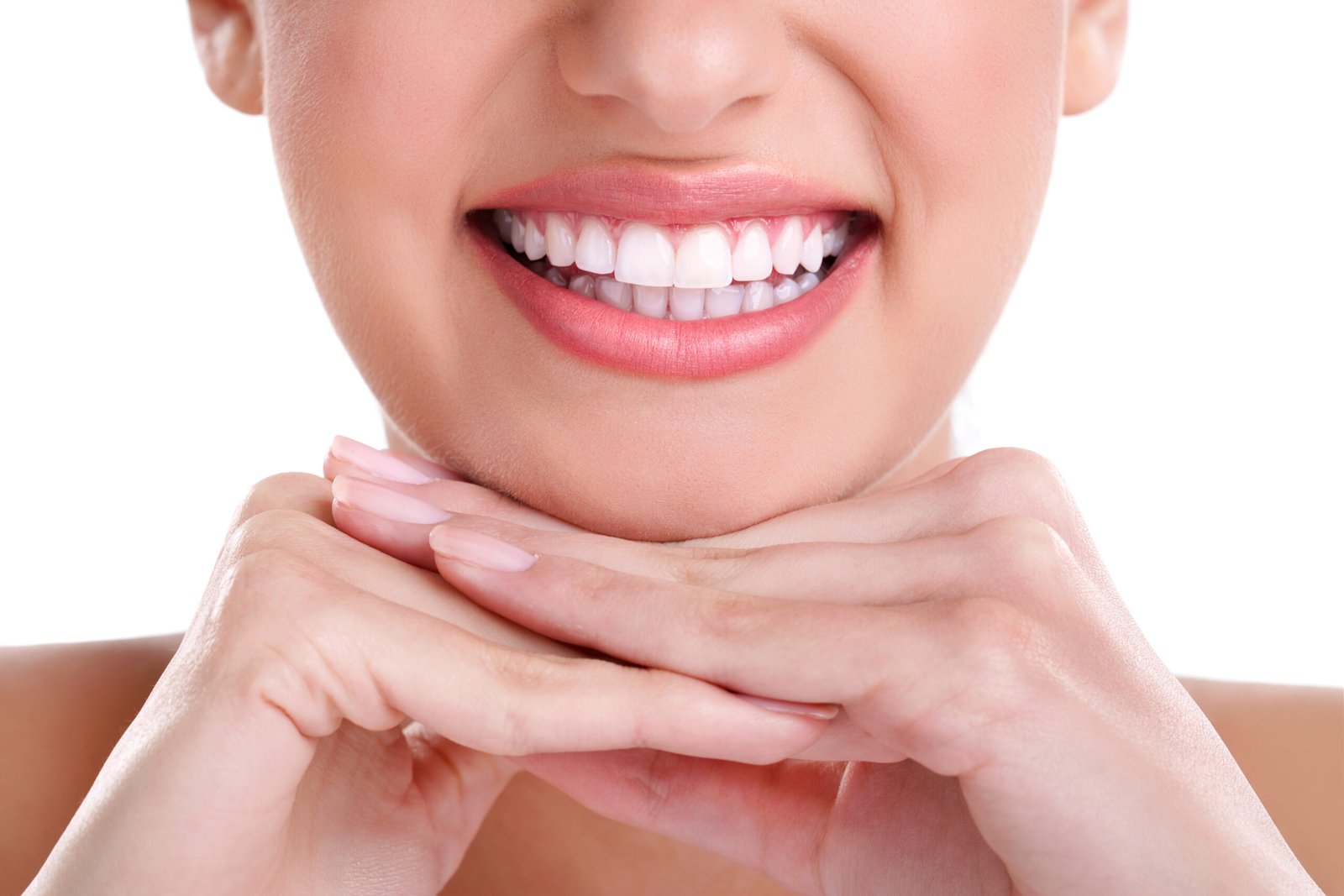
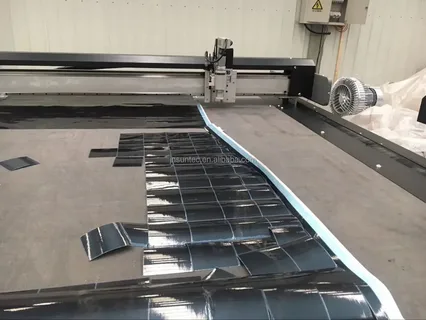



Leave a Reply